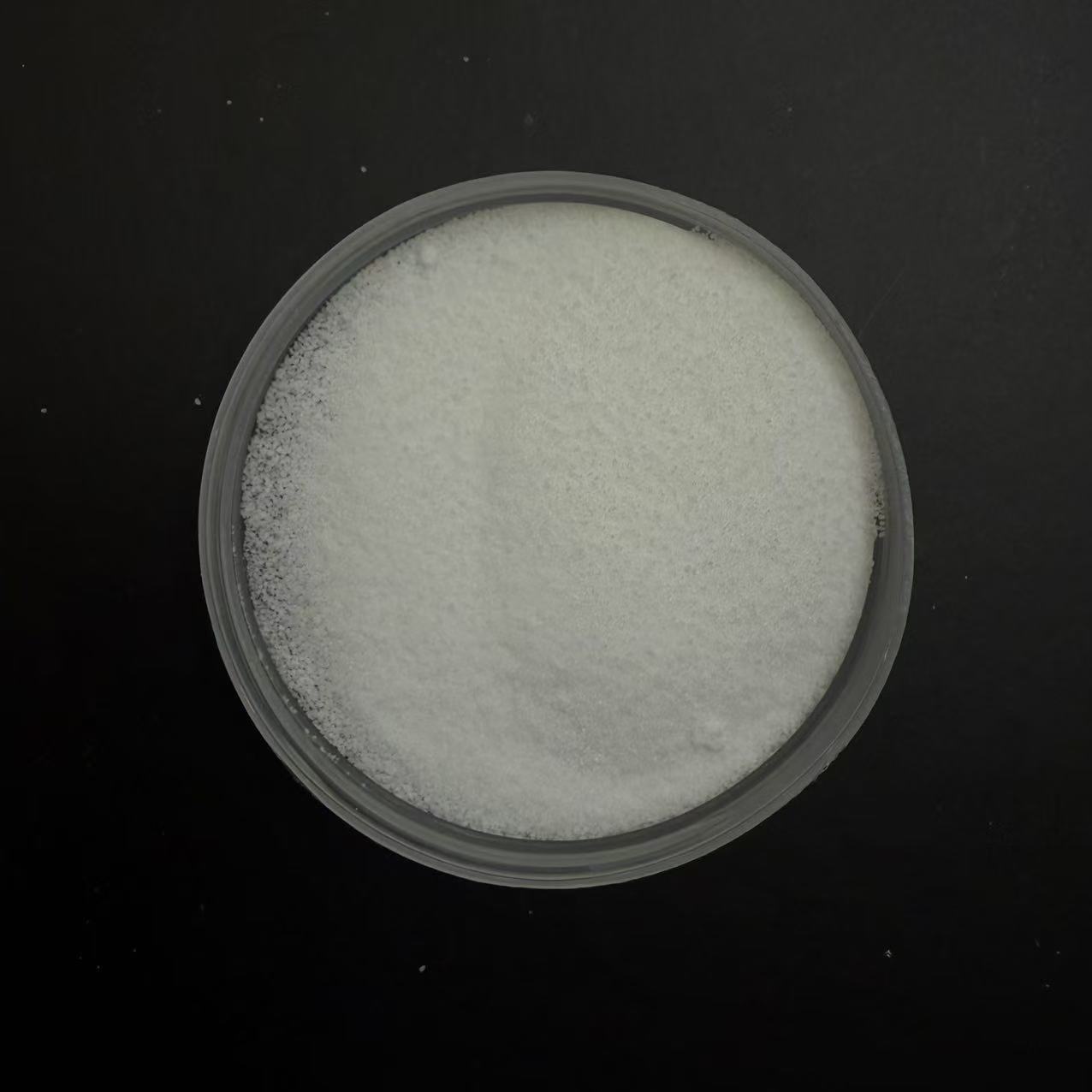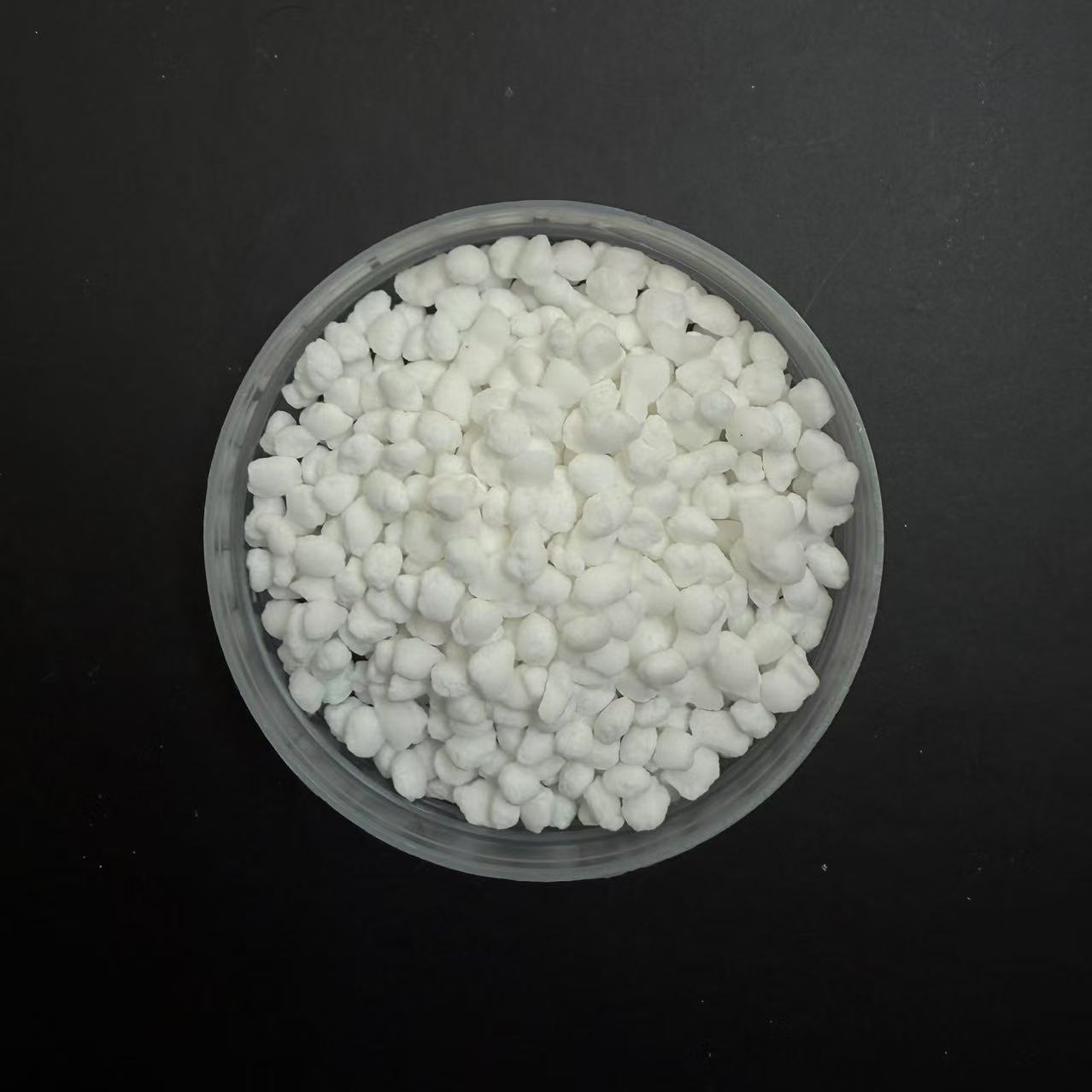I. Product Overview
Ammonium chloride (NH₄Cl), the ammonium salt of hydrochloric acid, is primarily a by-product of the alkali industry. It contains 24–26% nitrogen and exists as white or light-yellow crystals, available in powder crystals and granular forms. Its aqueous solution is weakly acidic, and it sublimes at 340°C, decomposing into ammonia and hydrogen chloride gases.
II. Powdered Ammonium Chloride
1. Physical Properties
- Appearance: Fine powder or small crystals (particle size <0.5 mm).
- Hygroscopicity: Highly moisture-absorbent (critical humidity ~76% RH).
- Purity: Industrial grade ≥99.3%, moisture ≤1.0%, sodium chloride ≤0.2%.
2. Production Process
- Mainly derived from Hou’s Process for Soda Ash (ammonia and hydrochloric acid neutralization).
- Other sources: By-product of potassium carbonate production, rare earth smelting waste recovery.
3. Applications
- Agriculture: Base fertilizer for rice cultivation (inhibits nitrification, strengthens stems).
- Industry: Battery electrolytes, electroplating additives, pharmaceutical fermentation (e.g., antibiotics).
- Medicine: Expectorant (stimulates bronchial secretion) and diuretic (corrects alkalosis).
4. Precautions
- Avoid use in acidic soils, saline-alkali lands, and chlorine-sensitive crops (tobacco, citrus).
- Store in dry conditions to prevent corrosion of metals like copper.
III. Granular Ammonium Chloride
1. Physical Properties
- Appearance: Cylindrical or spherical granules (2–4.75 mm), bulk density 1.2–1.4 g/cm³.
- Compressive Strength: ≥20 Newtons, ideal for mechanized application.
- Purity: Nitrogen ≥20.5%, moisture ≤0.9%, free acid ≤0.08%.
2. Production Process
- Extrusion Granulation: Mixing powdered NH₄Cl with binders (gypsum, starch) → extrusion → drying/sieving.
- Crystallization Granulation: High-purity granules via controlled temperature and vacuum.
3. Application Advantages
- Agriculture: Slow-release properties reduce field nutrient loss; compatible with mechanized farming.
- Industry: Electroplating bath conductor, ion-exchange agent in rare earth smelting (5 tons per ton of ore).
- Environmental: Neutralizes heavy metal ions in wastewater treatment.



